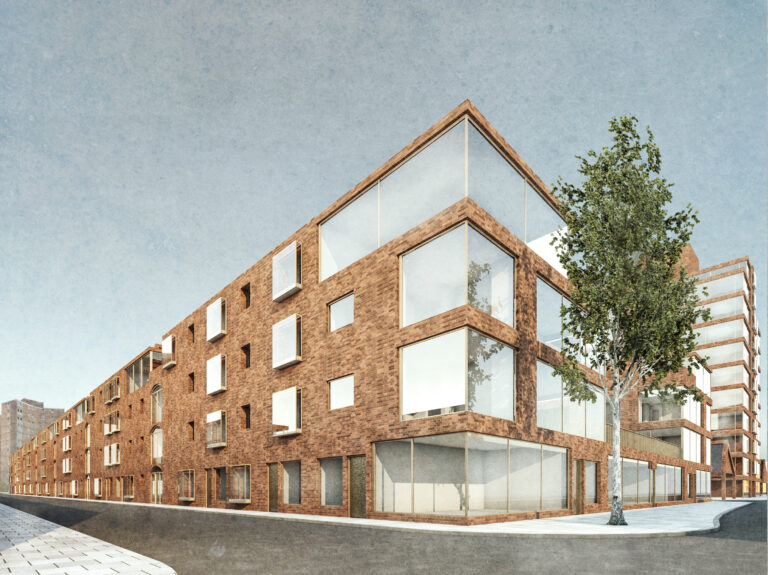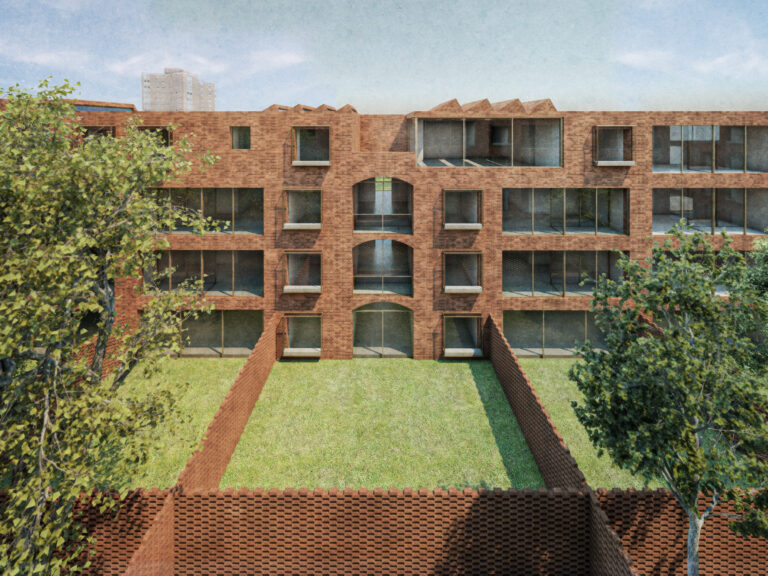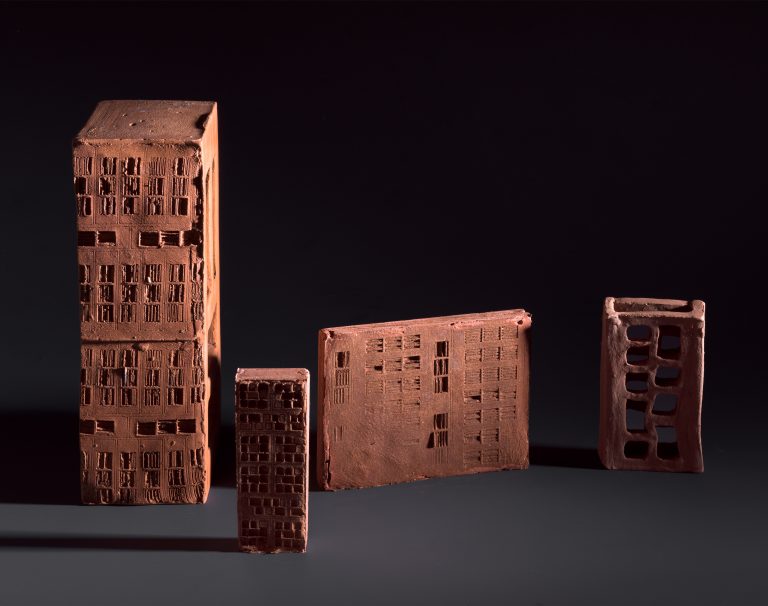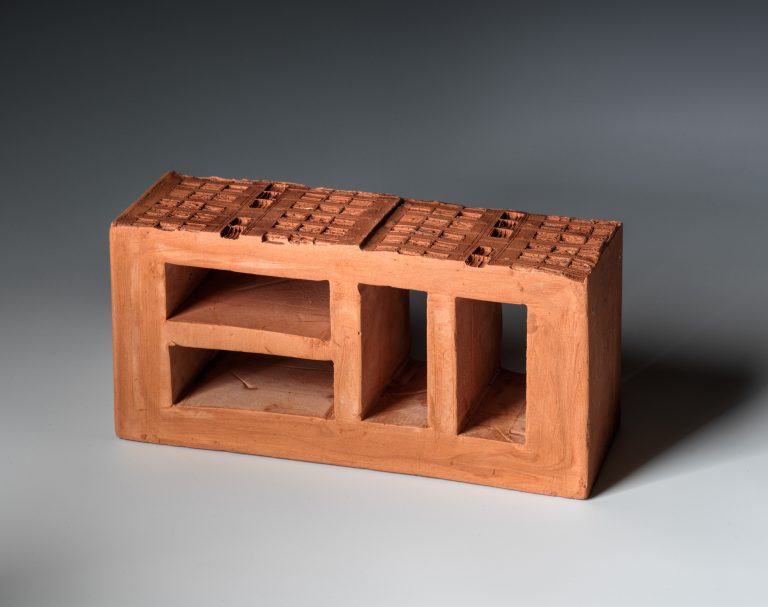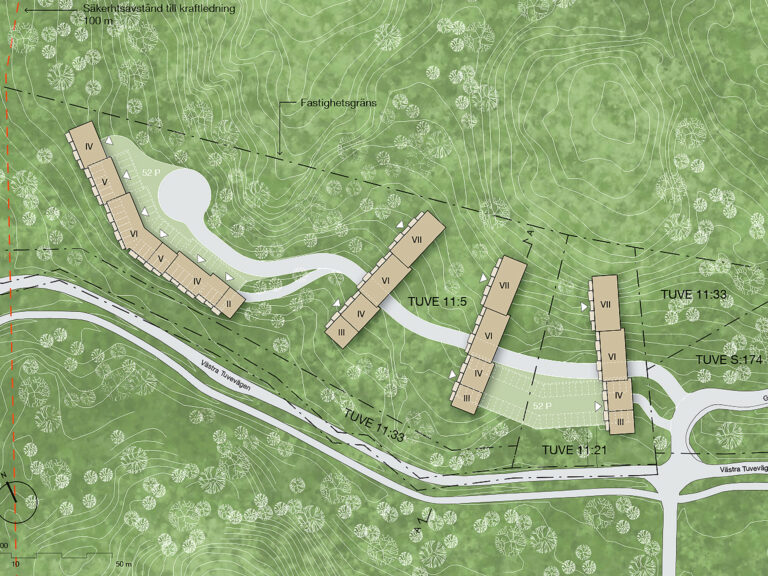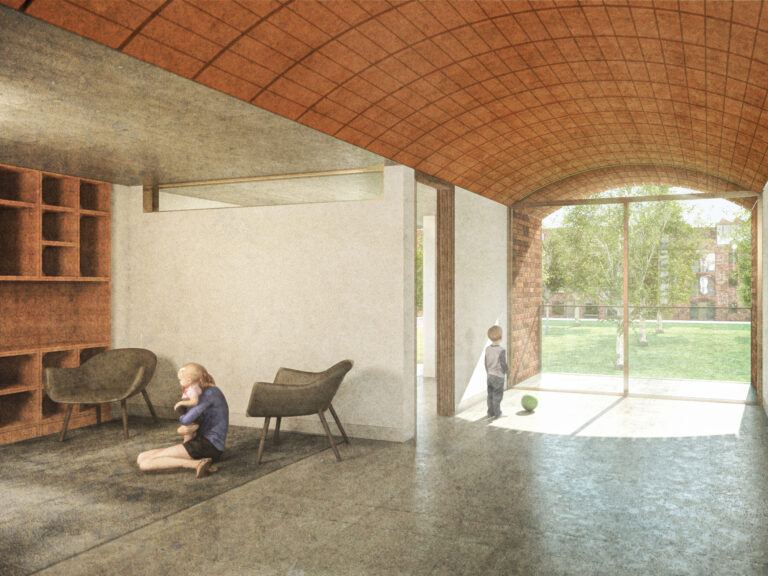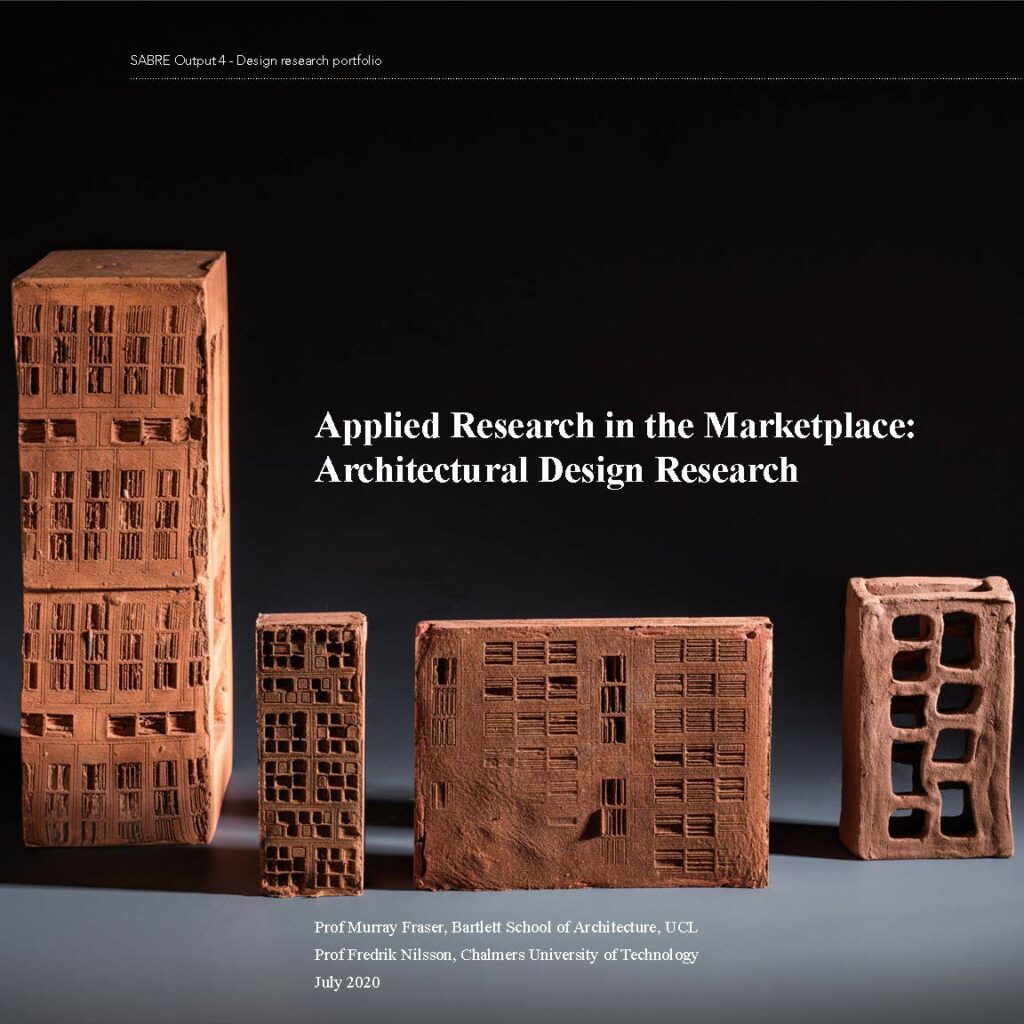Elements of innovation
The model of extended research folios will help in creating awareness of the specific design research already going on in many European architectural and built environment firms. The Bartlett Design Research Folio is in itself an innovative and successful model for the publication and dissemination of research and knowledge produced in architectural practice, and an elaboration of that model will help in making these types of research/knowledge more academic in form and content. This output will also support the development of more conscious innovation strategies in architectural firms and the built environment sector in Europe. This model will be demonstrated by help of cases focusing on actual design research involving architectural practices and other stakeholders in two different countries and contexts – London (UK) and Gothenburg (Sweden) – which will provide an entirely new and innovative way to undertake, articulate, and more consciously integrate research/knowledge produced through applied practice in both the academic and industry contexts.
